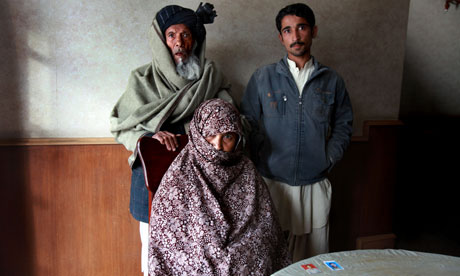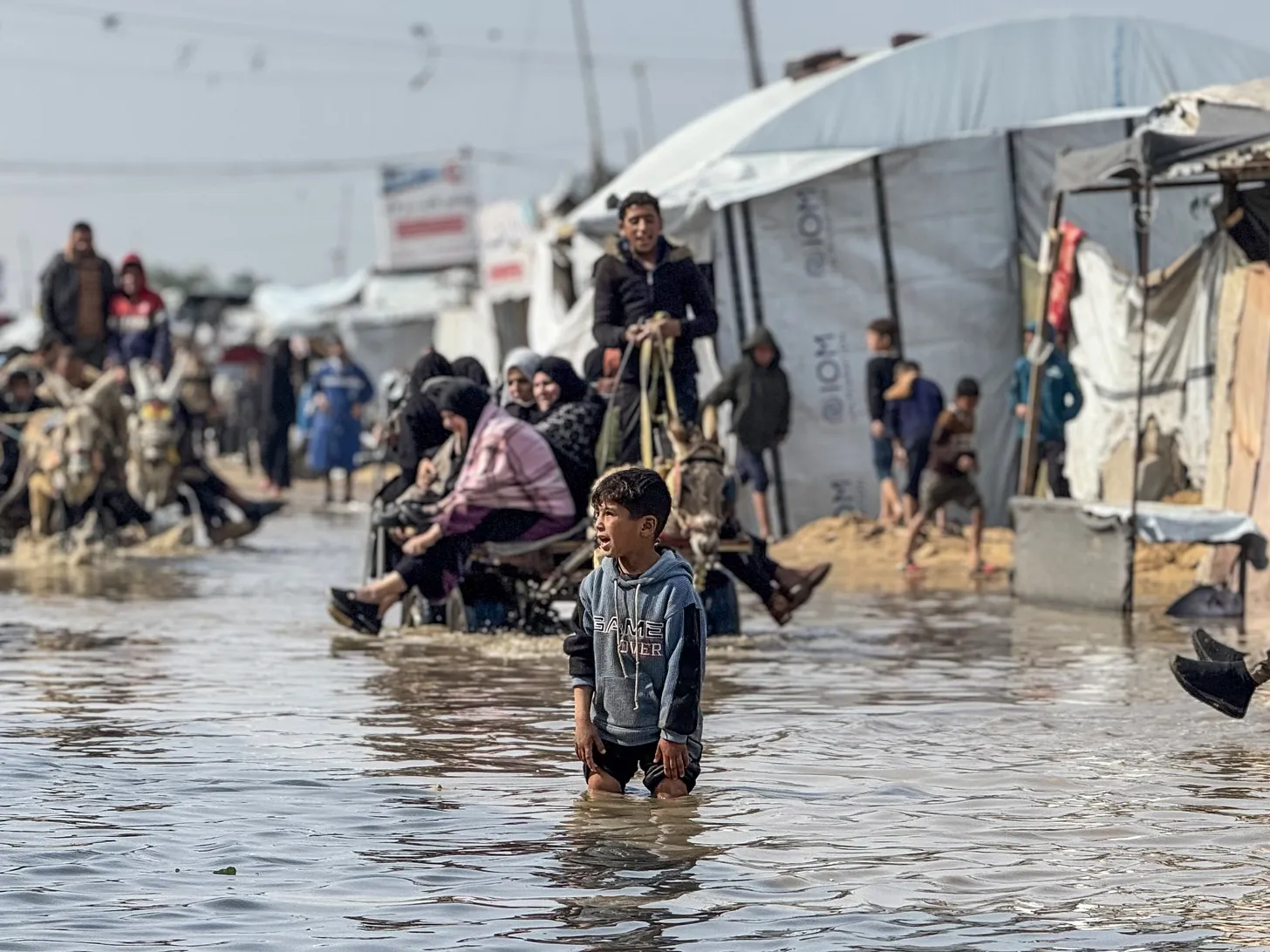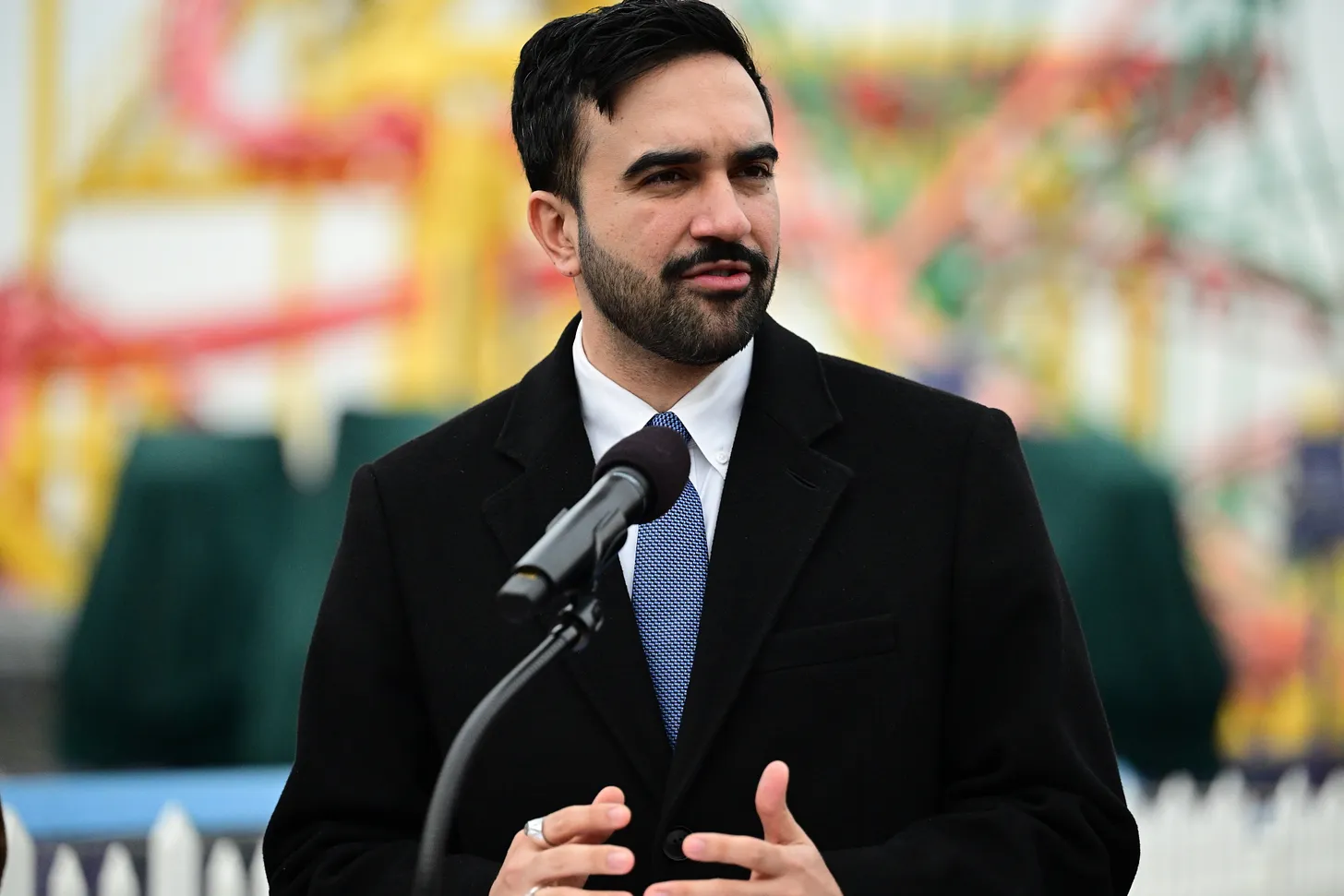
The bodies surface quietly, like corks bobbing up in the dark. They come in twos and threes, a few times a week, dumped on desolate mountains or empty city roads, bearing the scars of great cruelty. Arms and legs are snapped; faces are bruised and swollen.
Flesh is sliced with knives or punctured with drills; genitals are singed with electric prods. In some cases the bodies are unrecognisable, sprinkled with lime or chewed by wild animals. All have a gunshot wound in the head.
This gruesome parade of corpses has been surfacing in Balochistan, Pakistan's largest province, since last July. Several human rights groups, including Amnesty International, have accounted for more than 100 bodies – lawyers, students, taxi drivers, farm workers. Most have been tortured. The last three were discovered on Sunday.
If you have not heard of this epic killing spree, though, don't worry: neither have most Pakistanis. Newspaper reports from Balochistan are buried quietly on the inside pages, cloaked in euphemisms or, quite often, not published at all.
The forces of law and order also seem to be curiously indifferent to the plight of the dead men. Not a single person has been arrested or prosecuted; in fact, police investigators openly admit they are not even looking for anyone.
The stunning lack of interest in Pakistan's greatest murder mystery in decades becomes more understandable, however, when it emerges that the prime suspect is not some shady gang of sadistic serial killers, but the country's powerful military and its unaccountable intelligence men.





 Four years after Russia launched its full-scale invasion of Ukraine, the war is still being fought...
Four years after Russia launched its full-scale invasion of Ukraine, the war is still being fought... Casualty counts: Over the past 24 hours, seven Palestinians were injured in Israeli attacks in Gaza....
Casualty counts: Over the past 24 hours, seven Palestinians were injured in Israeli attacks in Gaza.... The confirmed count of Russian soldiers, officers, sailors and airmen confirmed killed in action or dead...
The confirmed count of Russian soldiers, officers, sailors and airmen confirmed killed in action or dead... New York City offers a contractor for Immigration and Customs Enforcement (ICE), the U.S. Border Patrol,...
New York City offers a contractor for Immigration and Customs Enforcement (ICE), the U.S. Border Patrol,...






























